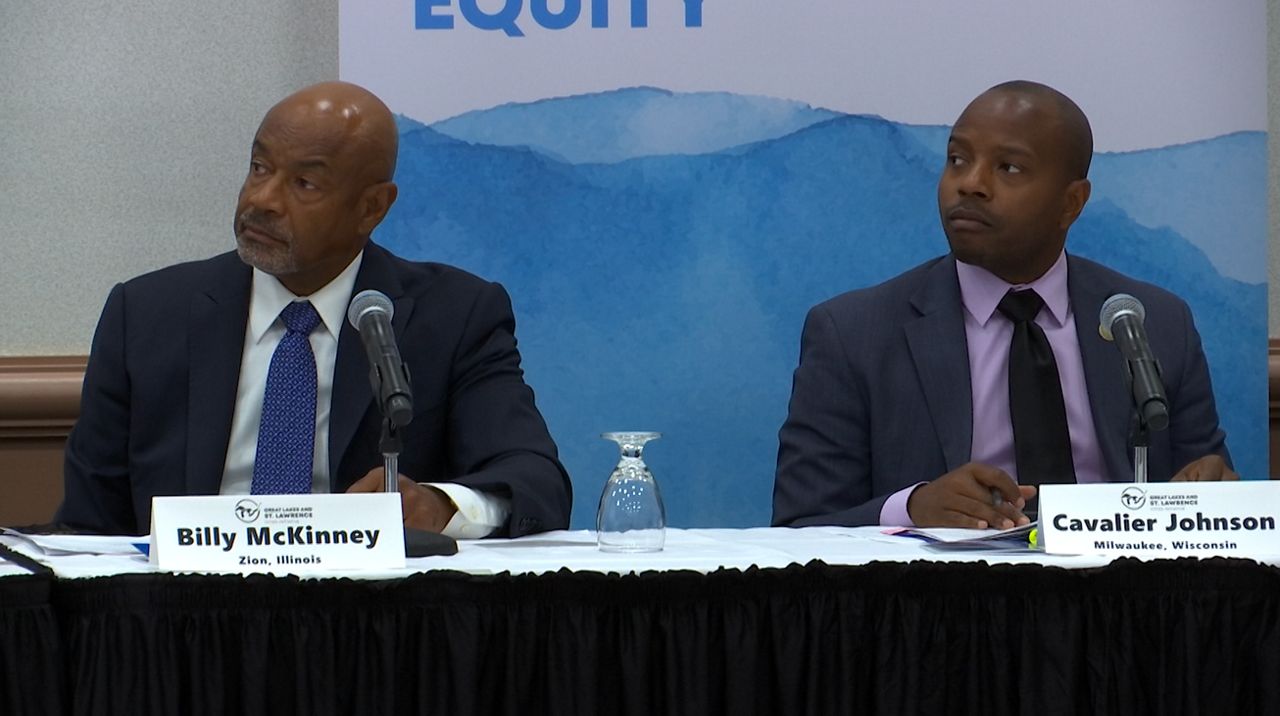MILWAUKEE — It would take 70 years to replace Milwaukee’s lead service lines because of a “lack of funding,” according to Mayor Cavalier Johnson.
What You Need To Know
- On Thursday, mayors from 11 cities joined Milwaukee Mayor Cavalier Johnson at the Mayors Commission on Water Equity
- They discussed how funds should be distributed and made available to cities when it comes to replacing lead service lines
- Johnson said currently, it would take 70 years to replace Milwaukee’s lead service lines because of a lack of funding
On Thursday, Johnson met with mayors from 11 other cities along the Great Lakes to discuss lead service lines and water equity among communities as part of the Mayors Commission on Water Equity.
They met with members of the Environmental Protection Agency to lay out recommendations on how federal funds can be better distributed.
Johnson said Milwaukee has nearly 40% of the lead service lines in Wisconsin.
He said money from the infrastructure investment and jobs act that was signed into law by President Joe Biden last year is helping, but said the city hasn’t received enough of the funds set aside to do the project.
He said the Department of Natural Resources made $43 million available this year to replace lead lines, but only gave $4.5 million to Milwaukee.
“Equitable distribution of federal resources would mean that no single community completes replacement of their lead service line inventory before any other community,” Johnson said during Thursday’s meeting. “Truly equitable distribution of federal funds would mean that historically disadvantaged communities are the first to complete replacement of their lead service lines.”
Karen Dettmer, the managing director for infrastructure implementation with the EPA’s Office of Water, announced a pilot program launching this fall to help states identify lead service lines and get them replaced.
“Together we can make sure every person can turn on their tap, rest when it rains without fear of flooding and safely enjoy the waterways that have shaped America,” Dettmer said.
In 2016, the American Water Works Association said Wisconsin had more than 240,000 lead service lines, the 10th highest in the nation.



